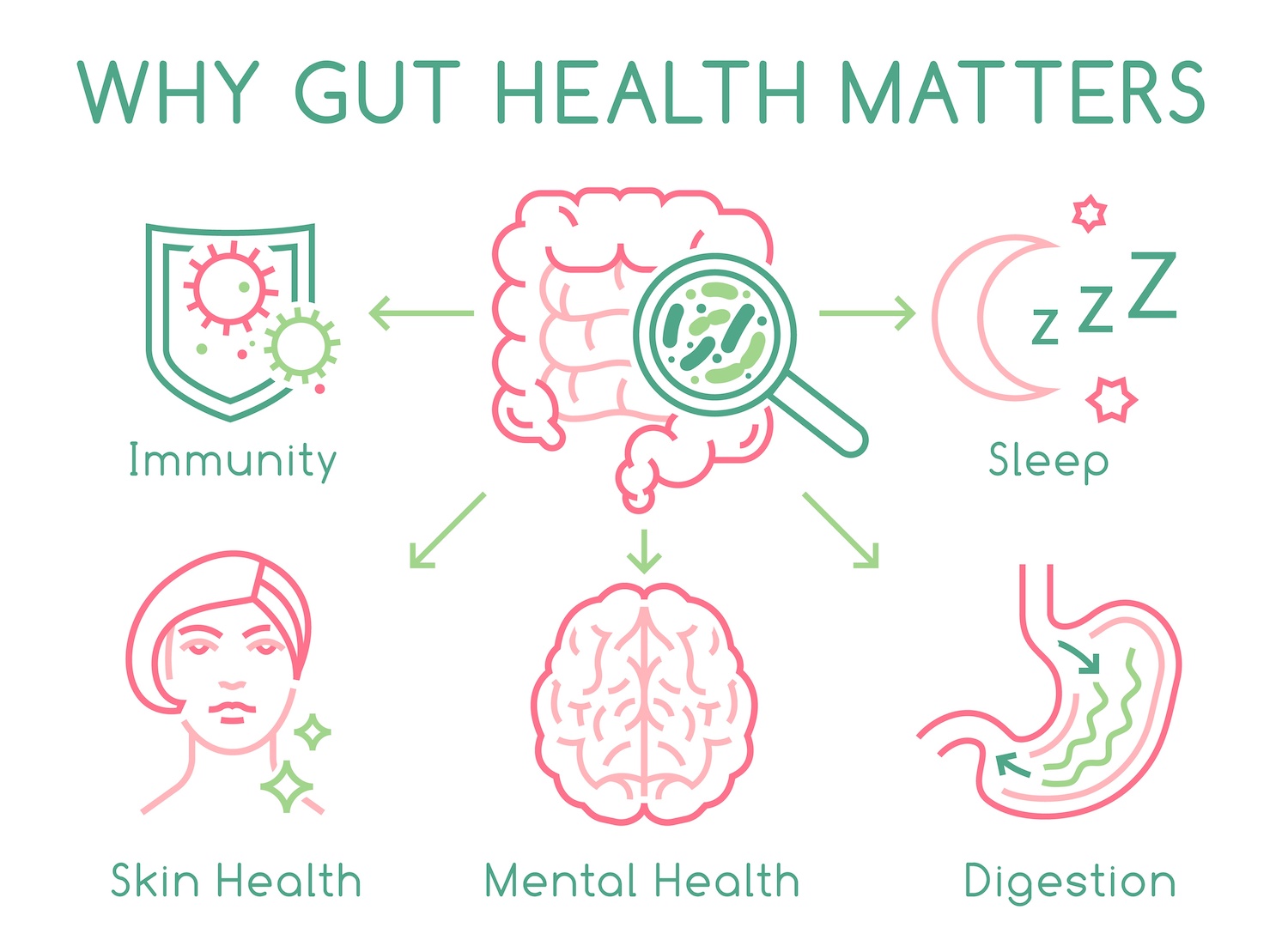Seriously folks, I really don’t believe conventional medicine knows much about your intestinal microbiome except, “Too many antibiotics cause diarrhea” and “C. difficle is really dangerous.” (Note: both conditions are iatrogenic, i.e., caused by doctors themselves). That’s the limit of what I was taught in medical school and residency and things haven’t progressed when I speak with a gastroenterologist.
Intestinal dysbiosis, the term for an imbalance of gut bacteria, has until recently and only in limited circles ever been seriously considered as a cause of any chronic illness, much less a situation associated with shortening your lifespan. To prove this point, here’s a Blue Cross memo denying insurance reimbursement for any testing of your microbiome status. To save reading time, scroll down on the link to #4 where it’s quite specific.
For me, it was working in Functional Medicine alongside chiropractors, naturopaths, and nutritionists, using tests like Comprehensive Stool Analyses that brought me up to speed microbiome-wise. The Naturopathic mantra, “All illness begins in the gut”, really began to have meaning.
Unless you (inadvertently) go out of the way to really muck up your microbiome with an unhealthy diet or an overuse of antibiotics, your one trillion intestinal bacteria undergo some normal changes from childhood to middle age, then settles back and does a lot more good than you imagine, like manufacturing vitamins and neurotransmitters.
Here’s a list of illnesses we now know for certain are associated with intestinal dysbiosis. Can they be totally “cured” by gut restoration? Not really. But virtually all of them will be considerably improved when you manage to get your microbiome back in balance and the lining of your gut healed again.
First, here’s a list of the usual suspects directly associated with your GI tract and your microbiome:
- Irritable bowel syndrome (diarrhea dominant, constipation dominant or a combination of the two);
- The relatively new term visceral hyperalgesia. It means increased sensitivity to pain in the abdominal cavity (stomach, intestines, pancreas);
- Small intestine bacterial overgrowth (SIBO);
- Crohn’s disease and ulcerative colitis;
- Food allergies and sensitivities including eosinophilic esophagitis.
Once we grew increasingly aware of the brain-gut connection, it became clear that the microbiome is also linked to:
- Mood disorders (depression, anxiety, OCD);
- Dementia and Alzheimer’s;
- Parkinson’s disease;
- Autism;
- Migraines.
Keeping in mind that the lining of your intestine is anatomically a continuation of your skin, dysbiosis is also linked to:
- Psoriasis, eczema, and rosacea.
Dysbiosis is one of several triggers for the once-controversial diagnosis leaky gut (intestinal hyperpermeability), which is connected to:
- Virtually all the 120 autoimmune diseases, from multiple sclerosis and lupus to rheumatoid arthritis and Hashimoto’s.
Repairing the gut has become the top priority among WholeHealth Chicago practitioners and in important books like The Autoimmune Solution by Amy Myers, MD, and The Wahls Protocol by Terry Wahls, MD.
Lastly, the wrong bacterium in your gut predisposes you to:
- Obesity;
- Chronic liver disease (fatty liver).
But remember, this Health Tip series is about Longevity Medicine, and so let me add this most important article from the National Institute of Aging (one of the Divisions of the NIH): a healthy microbiome can be linked to healthy aging and increased longevity. Did you get that? The NIH reported you will live longer if you have a healthy gut microbiome.
Below is a summary of health/illness findings from patient stool samples taken from around the world (U.S., Ireland, Italy, Japan).
Healthy patient stool samples:
- Microbiome: highly diverse bacterial population, increased firmicutes (a major bacterial group);
- Body habitus: lean, fit, physically active;
- Biochemistry: low LDL (“bad”) cholesterol, high Vitamin D, low inflammation;
- Diet: fruit, veggies, seeds, beans, nuts.
Chronically ill patient stool samples:
- Microbiome: not diverse, increased Bacteroides (the other large bacterial group);
- Body habitus: frail, sedentary;
- Biochemistry: high LDL, diabetic or pre-diabetic, took many prescription drugs, high levels inflammation throughout the body;
- Diet: high in salt, sugar, fat, processed foods.
Chronically ill patients had a high death rate during the length of the study.
Doesn’t this make you just a little bit curious about the status of your microbiome? And…if yours is a disaster, it can be changed.
To get an analysis of your microbiome, you’ll need to send a stool specimen to one of the several labs that perform these. Here at WholeHealth Chicago, we use the GI360 Test by Doctor’s Data in West Chicago, IL. Here’s what your report looks like.
A more elaborate test goes beyond your microbiome to explore your digestion and checks for intestinal parasites and candida.
If you are a WholeHealth Chicago patient, simply call or send an email through the Portal to your practitioner and the test kit will be mailed to your home. You’ll pay the lab directly. A member of our Patient Services team will also schedule you an appointment for test review and management of your dysbiosis.
If you’re new to WholeHealth Chicago, call and schedule a visit with Jordan Neumann, DNP, Wendy Ploegstra, APN, Mark Hagerty, APN, or Dr. Parisa Samsami, and in our new Beverly office Dr. Caley Scott. Your kit will be ordered during your first visit and reviewed during your follow up. I’m not available until mid-August so I suggest getting started on this now.
Be well,
David Edelberg, MD

I am constantly amazed at how BCBS doesn’t pay for things that will ultimately make us healthier and thus cheaper to them and more profitable.
Angela